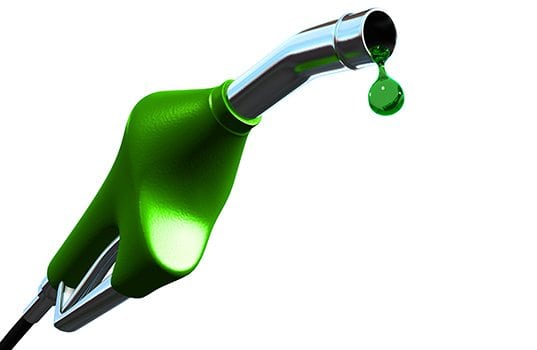The National Biodiesel Board (NBB) released the following statement from Anne Steckel, vice president of federal affairs, regarding the European Commission’s decision announced Tuesday to extend protectionist trade duties that have blocked U.S. biodiesel from the European market since 2009:
“The European Commission has decided to continue a policy that is clearly aimed at giving European biodiesel producers an edge over their competition and a lock on the European market. It is disappointing, and we will continue evaluating our options for fighting these protectionist duties.”
“This decision highlights why the U.S. biodiesel tax incentive should be reformed and converted into a domestic production credit so that we have a level playing field. When the U.S. biodiesel tax incentive is in effect under the current structure, European biodiesel can be shipped to the United States only to be rewarded with a $1-per-gallon incentive, while at the same time U.S. biodiesel shipped to the EU is slapped with punitive duties. This is obviously unfair to American companies and workers.”
The punitive duties were first imposed by the European Commission on July 7, 2009, and were slated to expire last year. However, in July 2014, the European Biodiesel Board pushed to extend them for another five years, and the Commission has been conducting an “expiry review” for this purpose. The EU has cited the $1-per-gallon biodiesel tax incentive in the U.S. as a reason to extend the duties, ignoring the fact that the biodiesel tax incentive is currently expired and that European biodiesel was eligible to receive the tax credit so long as it was blended in the U.S.
In challenging the duties throughout the expiry review, NBB emphasized that European biodiesel producers are able to sell biodiesel in both Europe and the United States without duties or limitation and can freely participate in U.S. policies such as the Renewable Fuel Standard and, before it had expired, the U.S. biodiesel tax incentive. In fact, U.S. imports of biodiesel from the EU have grown in recent years while EU imports of U.S. biodiesel have been virtually eliminated since the EU duties were imposed.









